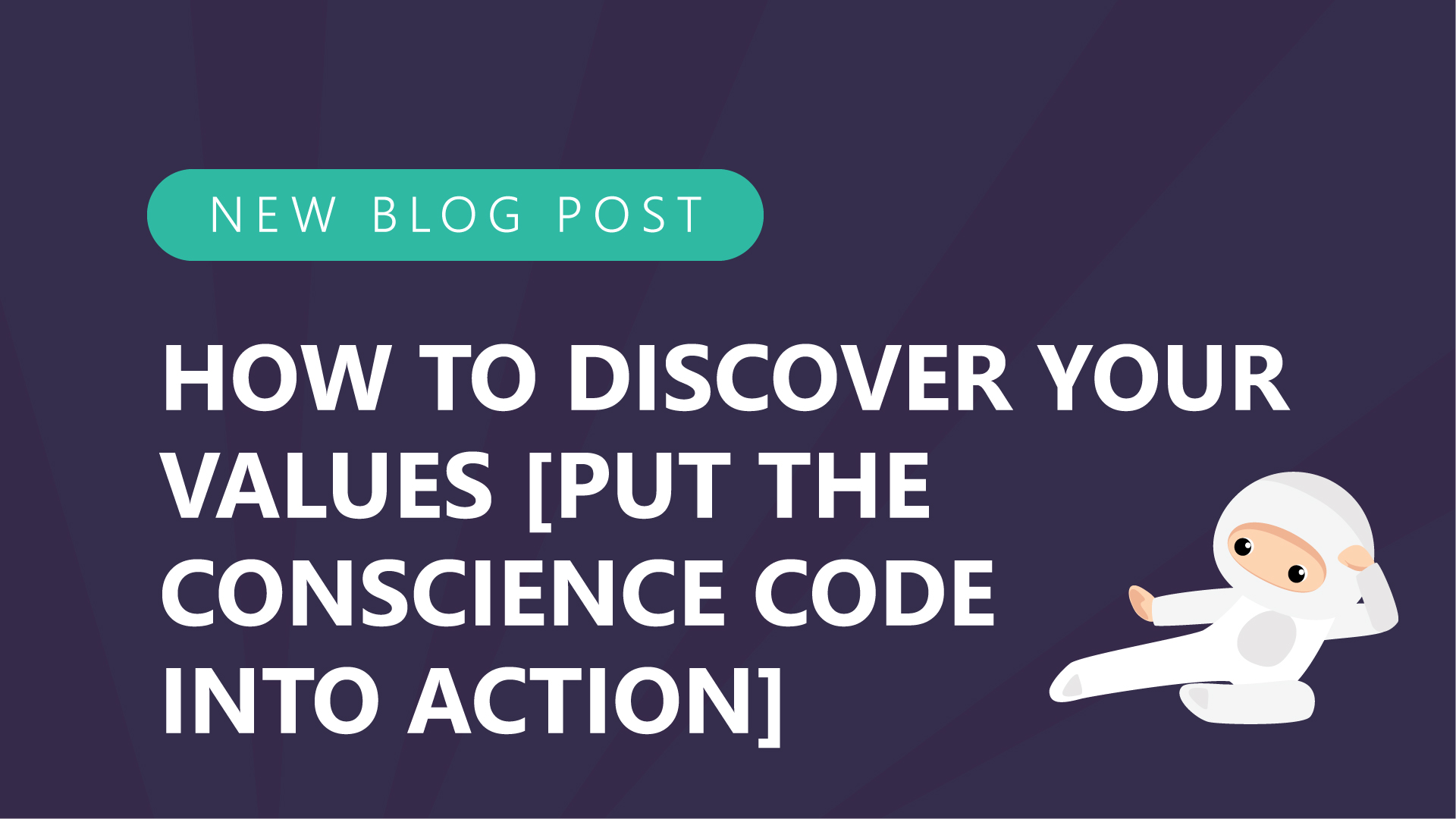Richard Shell believes that you have to know yourself to know your values. And unfortunately, many people aren’t clear on what their values actually are. How do you discover that? One of Richard’s favorite pastimes is creating self-assessments. In his book, “Springboard: Launching Your Personal Search for Success,” he shares an exercise called “The 6 Lives” to help people to try to figure out their priorities when it comes to overall achievement-based and happiness-based values.
In his book, “The Conscience Code,” Richard shares three assessments. One of which is geared toward your conflict capabilities. Many people shy away from negotiations because they’re conflict-averse. It’s important to know if that’s the issue so you can find solutions.
How confident are you in your ability to be an agent in your environment? It’s not just about conflict; it’s about changing what’s happening around you. Some people have differing levels of confidence.
The five areas of values: CRAFT
In his book, he identifies the five areas of values that cause the most conflict. Everyone has all five; it’s just a matter of how they’re executed. The five values form the acronym CRAFT.
- C = Compassion: These are values related to a concern for others and their well-being.
- R = Respect: Sexism, racism, dignity, etc., are issues of respect. The way people use language will impact these values.
- A = Accountability: This is holding people to the standards you want of processionals. They are the best practices and moral assumptions of a given field.
- F = Fairness: Fairness in reference to justice, equal pay, equal treatment, nepotism, etc.
- T = Truth: These can be attempts to deceive customers or suppliers and hide conflicts of interest. These are values that have to do with transparency.
You have to look at those five values and see where they stand for you. They’re likely all high for you, right? Richard notes that you have to figure out how, when, and where you’ll effectively stand for those values when you see them being compromised.
Being a person of conscience means it has to be a core part of your identity. If you’re a person of conscience in your home and your community, you want to be the same at work.
The OODA Loop
Richard’s favorite way to actualize this is the “OODA Loop.” It’s a combat pilot’s tactical playbook, a guide to help them make adjustments quickly. The first O stands for “Observe,” the second one stands for “Orient.” Then you “Decide” what to do and then “Act.” In a values conflict, you want to observe and take note of what your conscience is telling you. Then you have to own it. Make it your responsibility to figure it out. Then you do what you can with what you’ve got. Richard loves a quote by Arthur Ashe that goes something like, “Start where you are, do what you can, use what you’ve got.”
But that’s where rationalizations start to flood in. The devil on your shoulder whispers that “everyone does it.” But you want to be a person of conscience and think, “What would grandma do?” Would you want to be complicit in it? Decide what your options are and act on the best first step. It could be calling your mentor or talking to someone you work with. What is going to happen?
Then you start over with the OODA loop until you exhausted your options. You’ll likely find some sort of solution. You’ll be proactive, gain confidence, exhibit the courage of your convictions, and you’ll be stronger the next time. When something big comes along, you’ll find a way to speak up and prevent a disaster. You’ve created a habit of being a person of conscience, and you’ll be an asset to your firm. You’re exhibiting leadership capability.
To learn more about The Conscience Code and how to lead with your values, listen to episode #236 of the Negotiations Ninja podcast!

